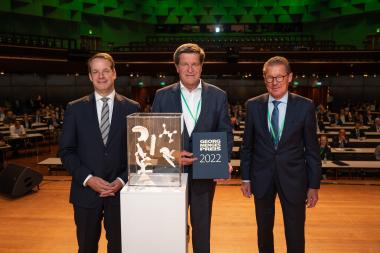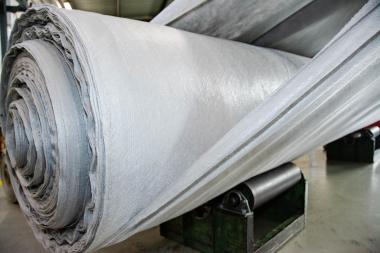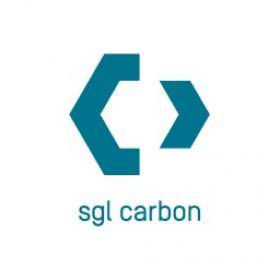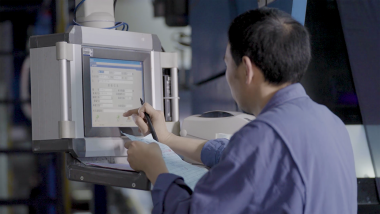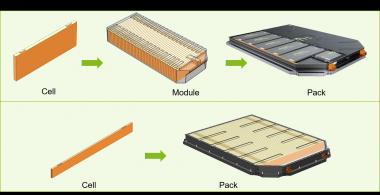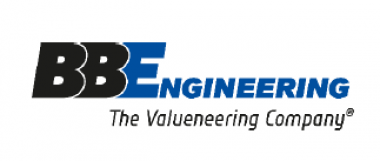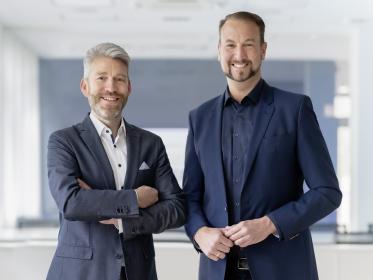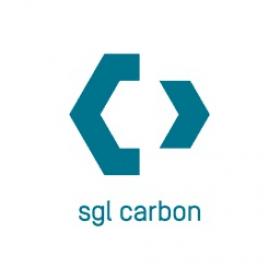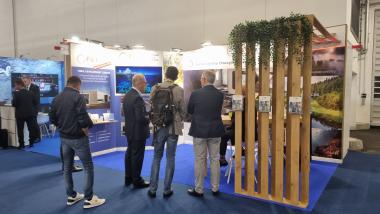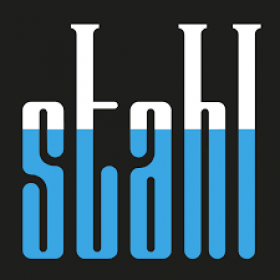Ulrich Reifenhäuser receives the Georg Menges Award
Ulrich Reifenhäuser, CSO of the Reifenhäuser Group, was awarded the prestigious Georg Menges Prize 2022 at the 31st International Colloquium on Plastics Technology in Aachen from September 7-8, 2022. The prize recognizes individuals or groups who have rendered outstanding services to the transfer of research results into industrial practice. The sponsors of the award are the Plastics and Rubber section of Germany's Mechanical Engineering Industry Association (VDMA), together with PlasticsEurope Deutschland and the Association of Sponsors of the Institute for Plastics Processing (IKV) in Industry and Craft at RWTH University. The award is traditionally presented every two years during the colloquium organized by the IKV. Ulrich Reifenhäuser is the first businessman to receive the Georg Menges Award.
The award was presented by Professor Dr.-Ing. Christian Hopmann, Director of the IKV and Dr.-Ing. Herbert Müller, Chairman of the Board of the IKV Sponsors' Association. In his laudatory speech, Professor Hopmann highlighted Ulrich Reifenhäuser's great and successful commitment to the industry and his tireless search for optimal solutions that are sustainable in the best sense of the word, and praised him as a personality of integrity and integration. "The Georg Menges Prize is awarded for the consistent implementation of research and innovation in industry. The previously described achievements of our prizewinner would certainly have been enough to receive the award but, for the sponsors of the Prize, what was especially important and the key argument for their decision was Ulrich Reifenhäuser’s honorary dedication to the K tradefair," explained Professor Hopmann.
Ulrich Reifenhäuser has been a member of the Reifenhäuser Group management since 1992 and is responsible for international line sales. Together with his brother Bernd Reifenhäuser, he manages the company in the third generation. Ulrich Reifenhäuser has been a board member of the VDMA Plastics and Rubber Machinery Association for more than 25 years and has been its chairman since 2010. In 2020, he was inducted into the Plastics Hall of Fame, as was the award's namesake, and in 2022 he will be co-chairing the world's leading plastics trade fair in Düsseldorf for the seventh time in a row as "President of K show."
Reifenhäuser GmbH & Co. KG Maschinenfabrik


